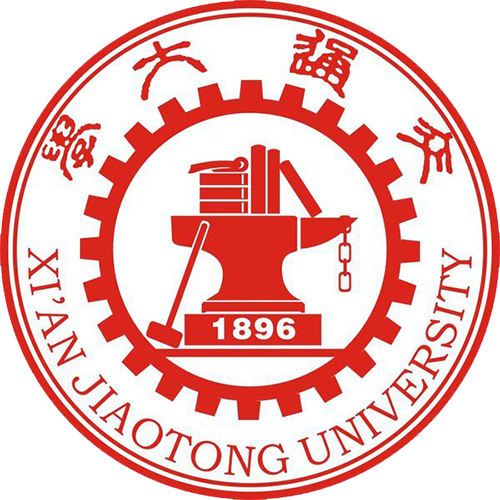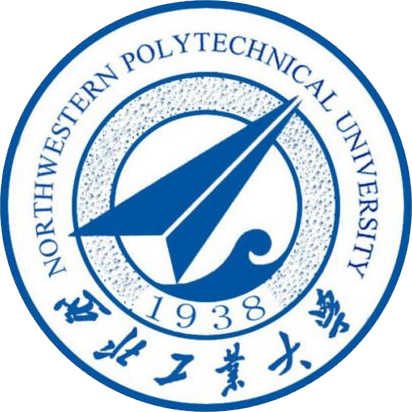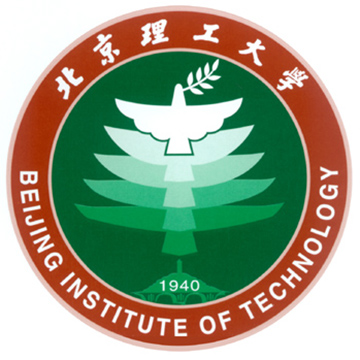
 Introduction
IntroductionFounded in Shanghai in 1896 as Nanyang Public, XJTU was renamed and relocated to Xi’an in 1956. It is one of the China's oldest institutions of higher learning and is under the direct jurisdiction of the Ministry of Education (MOE) in China. Xi'an Jiaotong University has extensive ties to the world of international scholarship and research. In addition, there are currently 1020 foreign students from 51 countries studying at XJTU.
 About the Program
About the ProgramIntroduction This programme will equip you with a fundamental understanding of electrical engineering theory and the ability to solve engineering problems relating to power generation, transmission, distribution, control, detection, protection and consumption. The programme blends the fundamentals of electrical and electronic at level 1 with more specialist knowledge in the final year. The subjects range from digital electronics to power electronics, from power generation to computer systems and integrated circuits.
What knowledge and skills will I acquire? By the time you graduate, you should: 1. have acquired a thorough understanding of the fundamentals of electrical and electronic engineering 2. possess knowledge and skills in mathematics, software engineering, design and management 3. possess transferable skills of analysis, problem solving, communications, team-working and project management.
What are my career prospects? Graduates can find work in a variety of industrial settings as, for example: broadcast engineers, control and instrumentation engineers, electronic engineers or process engineers. You will also find the quantitative and transferable skills equip you for a wide variety of roles in other sectors, such as banking and finance.
What will I study? At level 1, you will study the following core subjects: 1. electronic and electrical circuits 2. C and C++ programming and software engineering 3. engineering mathematics 4. electromagnetism and drives 5. digital electronics 6. integrated electronics and design 7. experimental methods At level 2, you will build on this foundation and learn about: 1. electronic circuits and systems 2. continuous and discrete time signals and systems 3. power electronics and electromechanics 4. energy conversion and power systems 5. instrumentation 6. control systems In the final year, you will receive training in project management and undertake a research project, spanning both semesters. Alongside this, you will further develop your knowledge of electrical and electronic engineering and, in particular power generation and transmission.
 About Xi'an Jiaotong University
About Xi'an Jiaotong University Accommodation
Accommodation|
Our university has two dormitory building for international students. There are four types of rooms: Single room (A), Double room (A), Single room (B), Double room (B).
(2) Medicine Campus:
|
||||||||||||||||||||||||||||||||||||||||||||||||||||||||||||||||
Food
There are 16 main canteens in the campus, including most kinds of food in China. International students can dine at various canteens. There is a canteen on the 4th floor of international student building. It’s much convenience for international students dine there. There also have some special canteen, for example, noodle house, Muslim canteen, and food of Taiwan kind—MingJi canteen.
You need buy a meal card and charge it. The average cost for each meal is about RMB 5.
Board Fee
RMB 3000—6000 /year
 Fees
Fees Admissions Process
Admissions Process  Entry Requirements
Entry RequirementsThe University accepts a wide variety of school, college and foundation qualifications such as A-Level, AS-Level, IB and other equivalent overseas qualifications. All students must have acceptable English language qualifications to study at the University. Various English qualifications are acceptable including:
IELTS: 5.5 for year 1 entry , or 6.5 for advanced standing; or
TOEFL 520 (paper-based), or 190 (computer-based) or 75 (iBT) for year 1 entry; or
TOEFL 570 (paper-based), or 230 (computer-based) or 88 (iBT) for advanced standing.
English Language Requirements:
All students must have acceptable English language qualifications to study at the University. Various English qualifications are acceptable including:
IELTS 5.5 for year 1 entry , or 6.5 for advanced standing; or
TOEFL 520 (paper-based), or 190 (computer-based) or 75 (iBT) for year 1 entry; or
TOEFL 570 (paper-based), or 230 (computer-based) or 88 (iBT) for advanced standing, or
XJTLU English test.
 Application Materials
Application Materials Reviews
Reviews Scholarship
Scholarship
Northwestern Polytechnical University
Tuition
Start Date

Beijing Institute of Technology
Tuition
Start Date